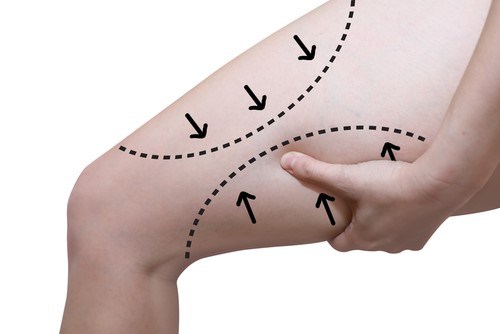Pre-Operative Instructions
- Please advise the doctor if you are taking any blood thinning medication (e.g. Warfarin, Disprin, Aspirin, etc.)
- Please advise the doctor if you are taking any blood thinning medication (e.g. Warfarin, Disprin, Aspirin, etc.)
- Uncontrolled high blood pressure raises the risk of bleeding complications in all forms of surgery – please ensure your blood pressure is well controlled prior to your surgical date.
- DO NOT take any of the following medications prior to surgery:
– Anti-inflammatories (e.g. Brufen, Ibuprofen, Myprodol, Voltaren, etc.)
– Homeopathic medications (e.g. Arnica, Rescue Remedy, St John’s Wort).
– Vitamin E (oral or topical).
- Prepare your skin for 3 weeks before surgery with Dermalac Lotion and Vitamin A, C & E Body Oil from Environ.
- Take a bath or shower with antibacterial soap (or Bioscrub) on the morning of your admission.
- Do not apply any body lotion.
- Regardless of whether you are having a general anesthetic or conscious sedation – you should not eat or drink anything for 6 hours prior to surgery.
- If you are a smoker – NO SMOKING for 3 months prior to surgery.
- Bring comfortable cotton underwear.
Post-Operative Instructions
- You will overnight at our Recovery Retreat across the road from Somerset Surgery.
- You will be transported with a registered ambulance service (EMO) from the recovery ward to the Recovery Retreat. You will have a trained nurse with you for the first 24 hours after your surgery.
- You will need someone to drive you home after your surgery and help you for 1 – 2 days.
- You will need plenty of rest.
- Decreased activity and pain medication may promote constipation, so you may want to add more fruit and fiber to your diet.
- Be sure to increase your fluid intake.
- Take pain medication as prescribed. Do not take aspirin or any products containing aspirin.
- Do not drink alcohol when taking pain medications.
- If you are taking vitamins with iron, resume these as tolerated.
- Do not smoke, as smoking delays healing and increase the risk of complications.
Activites
- Start walking as soon as possible – this helps to reduce swelling and lowers the chance of blood clots.
- Do not drive until you are no longer taking any pain medications.
- Resume sexual activity as comfort permits, usually 2 to 3 weeks post-operatively.
- Avoid strenuous exercise and activities for 4 to 6 weeks.
- Social and employment activities can be resumed within 7 to 14 days.
Incision Care
- You may shower only after your post-operative appointment (usually 4 days postoperatively).
- Avoid exposing your scars to the sun for at least 12 months.
- Always use sunblock – regardless of the weather – if you plan to go outdoors or not.
- Apply Micropore to the incision lines for 3 months – change every 7 to 10 days. Do not remove the tape every day as it will cause irritation of the surrounding skin.
- Keep incisions clean and inspect through Micropore daily for signs of infection or oozing.
- DO NOT USE ANY CREAMS CONTAINING VITAMIN E TO TREAT THE INCISION AREAS FOR THE FIRST 3 MONTHS.
- Incision areas may be massaged through the Micropore for the first 3 months.
- ScarScience, available from the therapists, should be applied from 6 weeks postoperatively – over the Micropore for another 6 weeks – and then on the incision directly for another 3 months post-operatively.
- No soaking in the bath while sutures or drains are in place.
- Support garments should be worn 24/7, and only removed for short periods while taking a shower.
What To Expect
- Discomfort will be maximal in the first 3 days, improving each day thereafter.
- You may experience temporary pain, soreness, numbness, tightness, swelling and incision discomfort.
- Scars will fade in several months to a year.
Appearance
- Improved tautness in thighs and upper legs.
- Scars will be red for 6 to 9 months. After that, they will fade and soften.
- The scar will be present on the inner thigh area from the knee to the groin.
Follow – Up Care
- Most of the sutures are buried and will dissolve in 6 to 8 weeks.
- You might experience blistering around the incision due to the tightening of the skin. The doctor will advise you on the best care should this occur.
- ScarScience must be applied on the incision from 6 weeks post-operatively to help with the prevention of hypertrophic and keloid scarring. It should be used for at least 3 to 6 months post-operatively.
When To Call
- If you have increased swelling or bruising.
- If swelling and redness persist after a few days.
- If you have increased redness along the incision.
- If you have severe or increased pain not relieved by medication.
- If you have any side effects to medications, such as rash, nausea, headache, and vomiting.
- If you have an oral temperature over 37°C.

